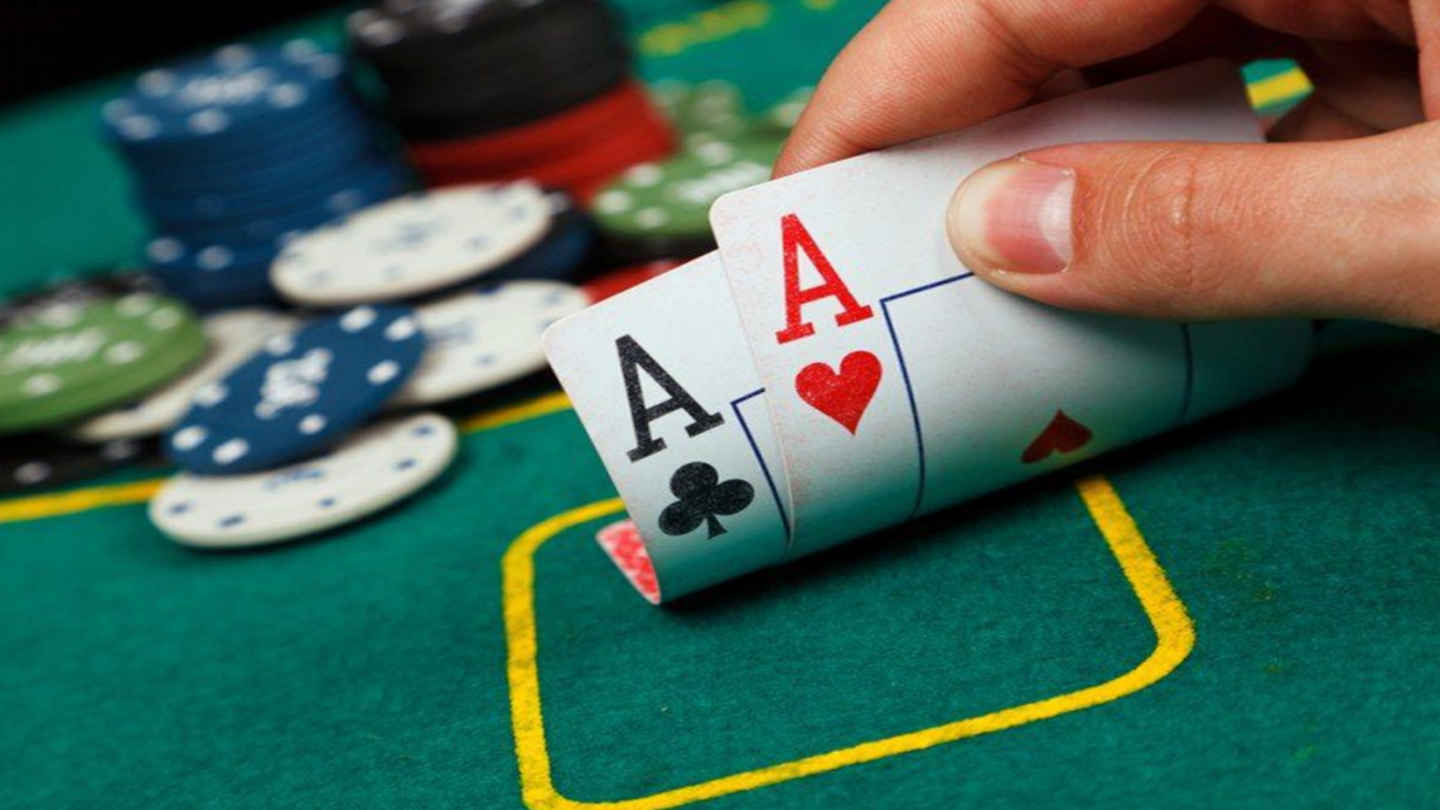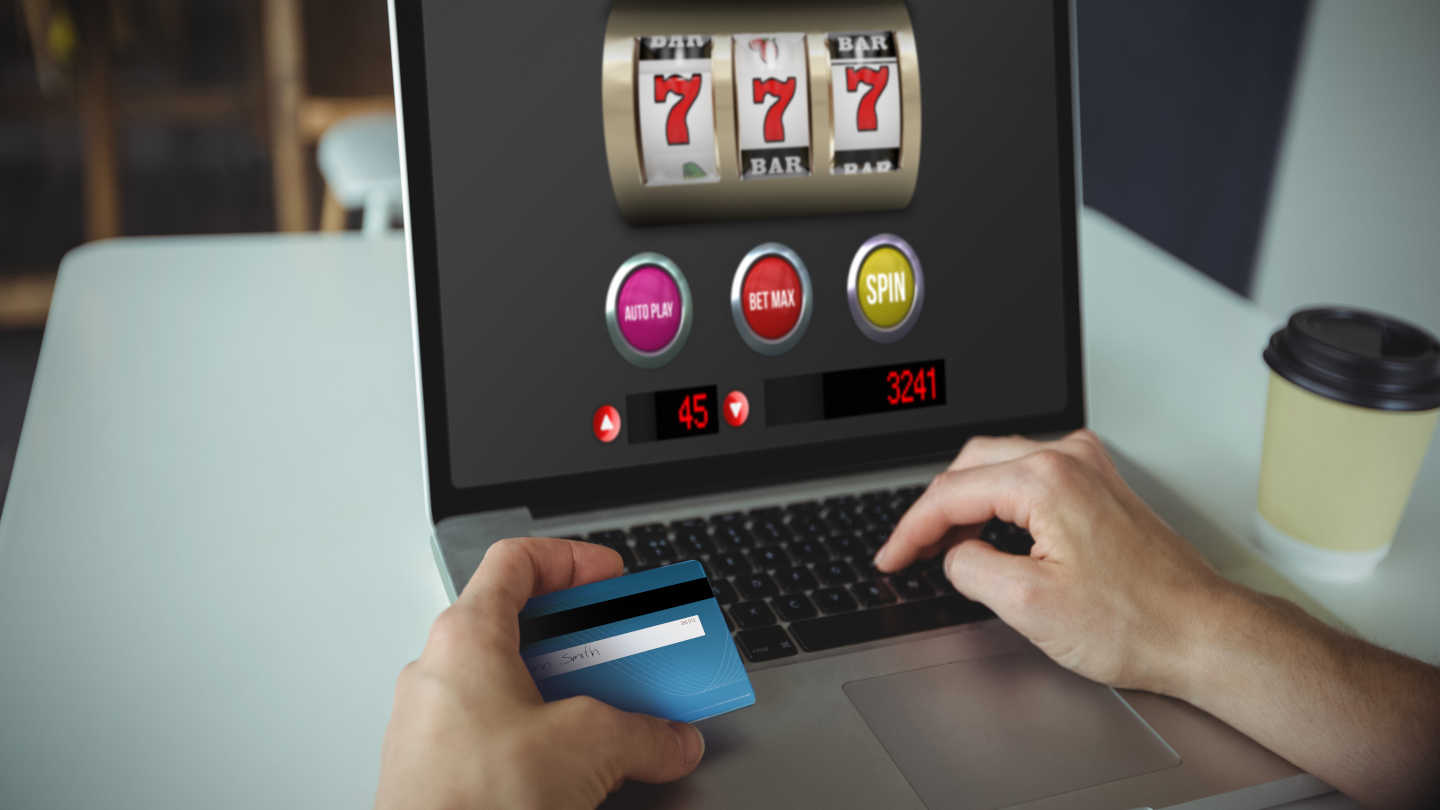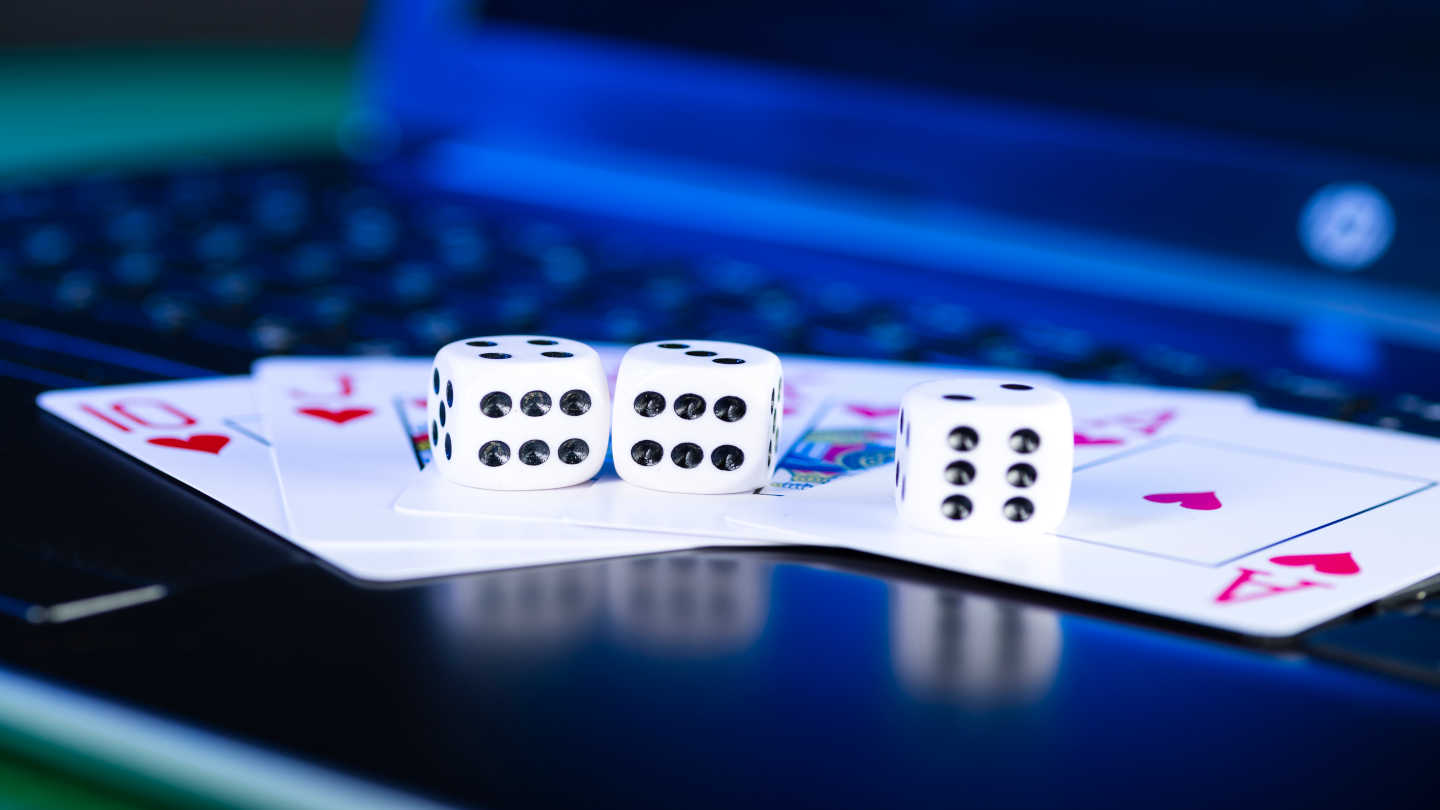Understanding the Psychology of Poker Gambling – Implications for Entrepreneurs on Risk Assessment and Control

4 minutes
Last Updated: March 26, 2024
Both traditional and video poker stands as a captivating microcosm where the complexities of human psychology intersect with the dynamics of risk-taking behavior. Within the confines of a poker game, players grapple not only with the cards dealt but also with their own cognitive biases, emotional responses, and strategic calculations.
This amalgamation of psychological elements creates a rich tapestry of decision-making under uncertainty, offering profound insights into the intricacies of human behavior in high-stakes situations.
For entrepreneurs navigating the tumultuous seas of business, the parallels between poker and entrepreneurship are striking. Both realms are characterized by an inherent uncertainty where outcomes are shaped by a myriad of factors, ranging from strategic decisions to external market forces.
In this context, understanding the psychology behind poker gambling becomes not only an academic pursuit but also a practical endeavor with profound implications for risk assessment and control in entrepreneurial ventures.
Understanding Risk Perception

At the heart of poker lies the constant evaluation of risk. Players must assess the probability of winning against potential losses, recalibrating their strategies with each passing hand. This process mirrors the risk assessment challenges faced by entrepreneurs, who must weigh the potential rewards of a business endeavor against the inherent uncertainties and potential pitfalls.
By delving into the psychology of risk perception in poker, entrepreneurs can gain valuable insights into how individuals assess and manage risk, thus refining their own risk assessment processes in the business arena.
Moreover, poker serves as a crucible for decision-making under uncertainty. Every poker hand presents players with a plethora of choices, each with its own set of risks and rewards. Successful poker players exhibit a keen understanding of probability, coupled with the ability to regulate their emotions and maintain discipline in the face of uncertainty.
These attributes are equally essential for entrepreneurs, who must navigate complex decision landscapes fraught with ambiguity and volatility. By examining the decision-making processes of poker players, entrepreneurs can glean valuable lessons on how to make informed decisions under uncertainty, leveraging probabilistic thinking and emotional resilience to their advantage.
Furthermore, poker is not merely a game of chance but also a battleground of psychological warfare. Players engage in a constant struggle to outwit their opponents through strategic manipulation, deception, and calculated risk-taking. This aspect of poker bears striking similarities to the competitive dynamics encountered by entrepreneurs in the business world.
Whether it's negotiating deals, assessing competitors' strategies, or managing interpersonal relationships, entrepreneurs must navigate a complex web of psychological nuances to achieve their objectives. By studying the tactics employed in poker, entrepreneurs can gain valuable insights into managing negotiations, deciphering opponents' intentions, and strategically positioning their ventures for success.
In essence, the psychology of poker gambling offers a treasure trove of insights for entrepreneurs seeking to navigate uncertainties and manage risks effectively in their ventures.
By understanding the interplay of risk perception, decision-making under uncertainty, emotional regulation, and psychological warfare inherent in poker, entrepreneurs can refine their risk assessment processes, enhance their strategic decision-making abilities, and ultimately gain a competitive edge in the ever-evolving landscape of business and innovation.
Just as skilled poker players leverage psychological insights to outmaneuver their opponents, entrepreneurs can harness the power of psychology to thrive amidst uncertainty and adversity.
In poker, risk perception plays a pivotal role. Players assess the probability of winning against potential losses, constantly recalibrating their strategies based on this assessment.
Entrepreneurs similarly face risks in their ventures, whether it's launching a new product or entering a competitive market. By understanding how poker players perceive risk, entrepreneurs can refine their risk assessment processes and make more calculated decisions.
Decision-Making Under Uncertainty

Poker requires players to make decisions under conditions of uncertainty, akin to the dynamic environments entrepreneurs operate within. The decisions made during a poker game reflect players' cognitive biases, risk preferences, and emotional responses.
Entrepreneurs can draw parallels from poker strategies to enhance their decision-making processes, leveraging insights on risk-reward trade-offs and probabilistic thinking.
Emotional Regulation and Discipline
Successful poker players exhibit emotional regulation and discipline, crucial traits for managing risk effectively. They maintain composure in the face of adversity, avoiding impulsive decisions driven by emotions.
Entrepreneurs can benefit from cultivating similar emotional resilience, enabling them to navigate uncertainties with clarity and focus. By fostering discipline in risk management, entrepreneurs can mitigate the detrimental effects of emotional biases on decision-making.
Psychological Warfare and Bluffing
Poker involves a complex interplay of psychological warfare, where players attempt to deceive their opponents through bluffing and strategic manipulation. Entrepreneurs encounter analogous situations in negotiations, competitive markets, and strategic alliances.
Understanding the psychology behind bluffing in poker can equip entrepreneurs with insights into managing negotiations, assessing competitors' intentions, and strategically positioning their ventures.
The Role of Skill and Chance
Poker combines elements of skill and chance, challenging players to leverage their abilities within the constraints of luck. Similarly, entrepreneurship entails navigating uncertainties where outcomes are influenced by both skillful execution and external factors beyond one's control.
By recognizing the interplay between skill and chance in poker, entrepreneurs can adopt a nuanced approach to risk assessment, acknowledging the limitations of their control while maximizing opportunities through skillful decision-making.
Conclusion
The psychology of poker gambling offers valuable insights for entrepreneurs seeking to navigate uncertainties and manage risks effectively.
By understanding risk perception, decision-making under uncertainty, emotional regulation, psychological warfare, and the interplay between skill and chance, entrepreneurs can refine their risk assessment processes and enhance their strategic decision-making abilities.
Just as skilled poker players leverage psychological insights to outmaneuver their opponents, entrepreneurs can harness the power of psychology to gain a competitive edge in the dynamic landscape of business and innovation.

















